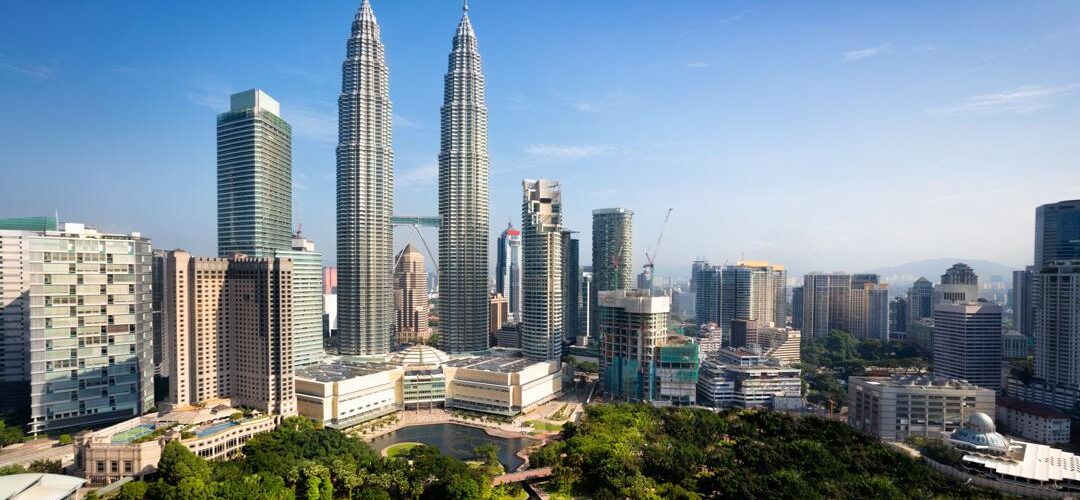The Institute of Chartered Accountants in England and Wales (ICAEW) is helping Malaysian businesses navigate this shift. By providing tools, training, and data-driven insights, ICAEW empowers finance professionals and SMEs to embed ESG into strategy and quantify its returns—turning sustainability from a cost into a long-term payoff.
Here are 10 essential ESG facts—each backed by data and paired with real business value—that every SME in Malaysia should understand:
1. ESG Reporting Will Impact You—Even If You’re Not Listed
Starting in 2025, Bursa Malaysia mandates ESG disclosures for listed companies. While most SMEs aren’t listed, this requirement will ripple through supply chains. To stay on vendor lists or win tenders, SMEs will increasingly need to align with ESG standards. Early adopters will be better positioned to retain key contracts, attract green capital, and maintain investor and customer trust.
2. More SMEs Are Turning to ESG as a Growth Strategy
ESG adoption among SMEs is accelerating. In just two years, the number of ESG-practicing SMEs has more than doubled, rising from 28% to 60%. Among these, 38% reported revenue growth above 50%, thanks to increased customer demand and improved market access. For these businesses, ESG isn’t about compliance—it’s about competitiveness.
3. Yet ESG Integration Remains Superficial for Most
Despite rising awareness, deep ESG integration is still lacking. Only 19% of Malaysian SMEs have adopted environmentally friendly production processes, and just 12% are running structured CSR programmes. This signals a massive opportunity for forward-thinking businesses to stand out by embedding ESG into core operations—not just marketing.
4. Solar Power = Real Savings, Not Just Green PR
Switching to rooftop solar is one of the quickest ways SMEs are seeing financial returns from ESG. With support from the Net Energy Metering (NEM) scheme, 100% investment tax allowances, and green technology financing, companies are reducing electricity costs by up to 75%. Sustainability isn’t just cleaner—it’s cheaper.
5. Green Products Win Over Customers—and Loyalty
Today’s consumers care. 78% of Malaysians consider environmental impact before making a purchase. Businesses that align with these values can build stronger brand loyalty, command premium pricing, and differentiate themselves in crowded markets. ESG isn’t just a back-end metric—it’s a front-line brand asset.
6.Banks Are Putting Billions into ESG-Ready Businesses
Major Malaysian banks are scaling up green financing:
- CIMB: RM86.2 billion mobilised
- Maybank: RM83.2 billion in sustainable loans
- RHB: RM23.8 billion disbursed, targeting RM50 billion by 2026
For SMEs, this means access to funding is increasingly tied to ESG performance.
7. ESG Builds a Better Employer Brand
Purpose matters to employees. A global IBM study found that 70% of employees are more likely to join companies with strong ESG credentials. In fact, 35% of job-switchers last year moved to employers they saw as more socially or environmentally responsible. For SMEs competing for talent, ESG is a key differentiator.
8. ESG Compliance Is Crucial for Exporters
With the EU’s Carbon Border Adjustment Mechanism (CBAM) coming into effect by 2026, exporters will need to track and report emissions or face penalties. According to the Securities Commission, 75% of Malaysia’s exports to the EU could be affected. Staying competitive globally means getting ESG-ready now.
9. Resilient Supply Chains Are Sustainable Supply Chains
Malaysia loses an estimated RM8.7 billion annually due to supply chain disruptions. ESG-aligned procurement and operations—especially those addressing climate and labour risks—are proving more resilient. SMEs that invest in sustainability also build stability, avoiding costly delays and disruptions.
10. Investors Use ESG to Gauge Long-Term Strength
Sustainability is increasingly viewed as a proxy for future-readiness. ESG-aligned businesses are more likely to secure investment, especially as Sustainable and Responsible Investment (SRI) fund assets in Malaysia continue to grow—from RM7.05 billion in 2022 to RM7.7 billion in 2023. This upward trend signals increasing capital flow toward credible ESG performers.









